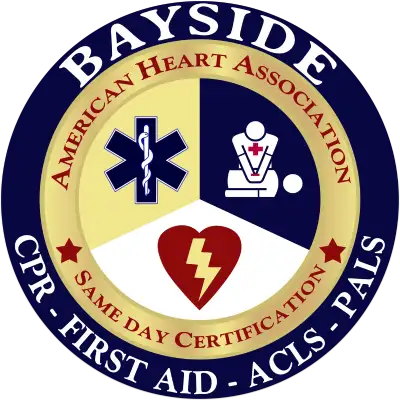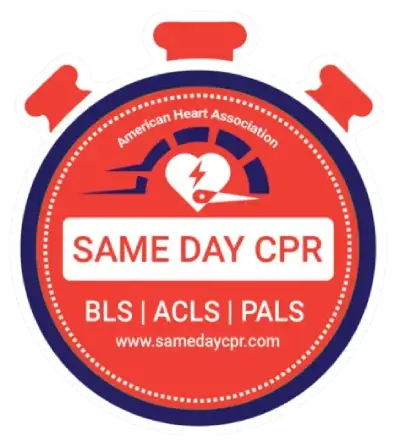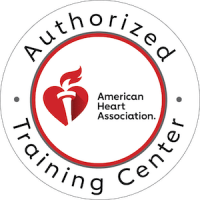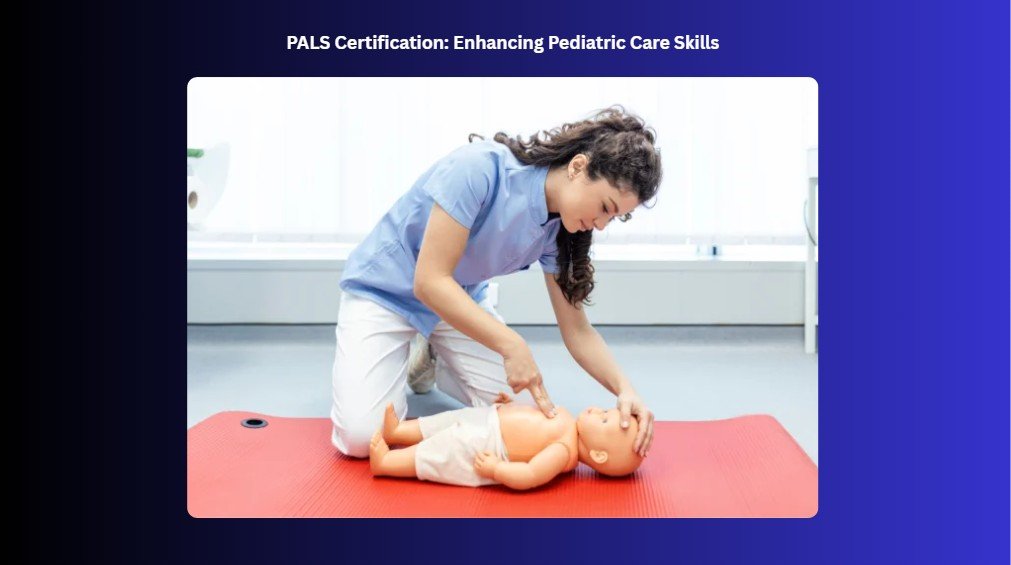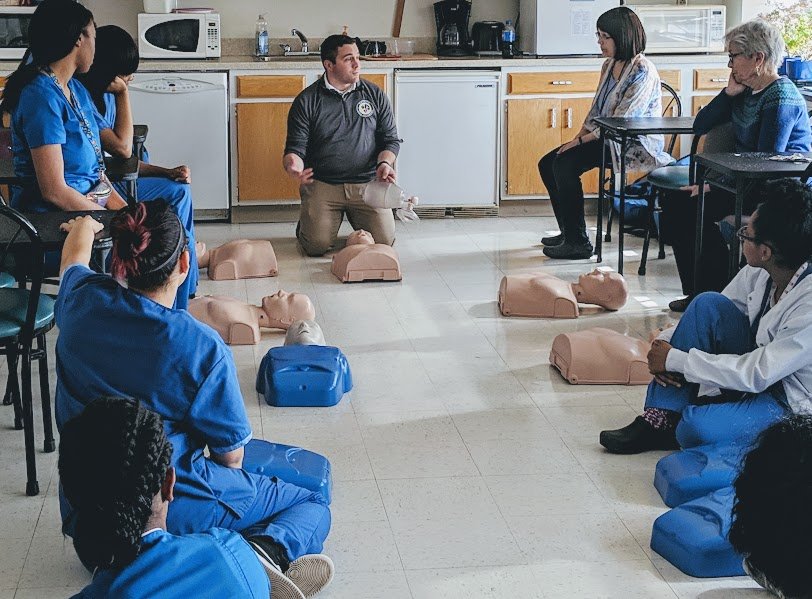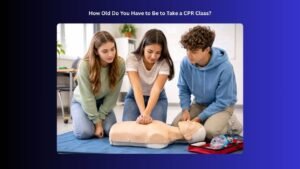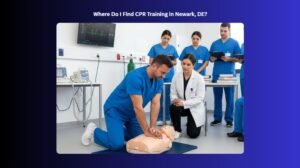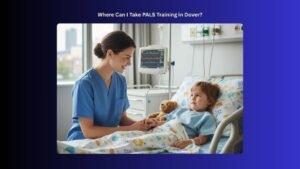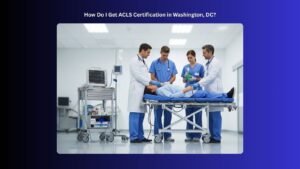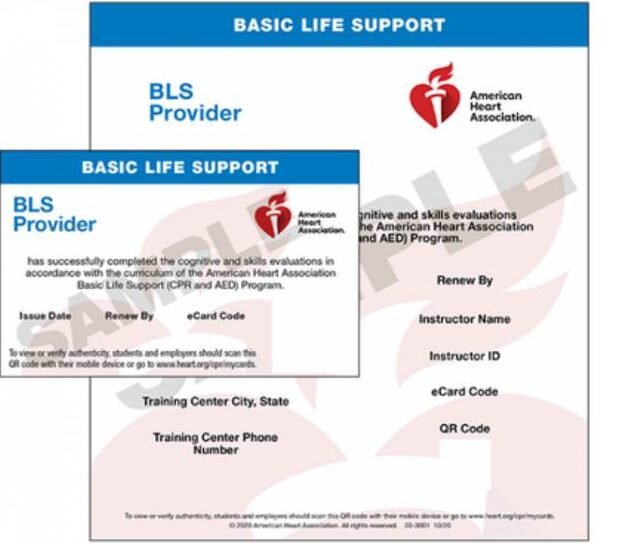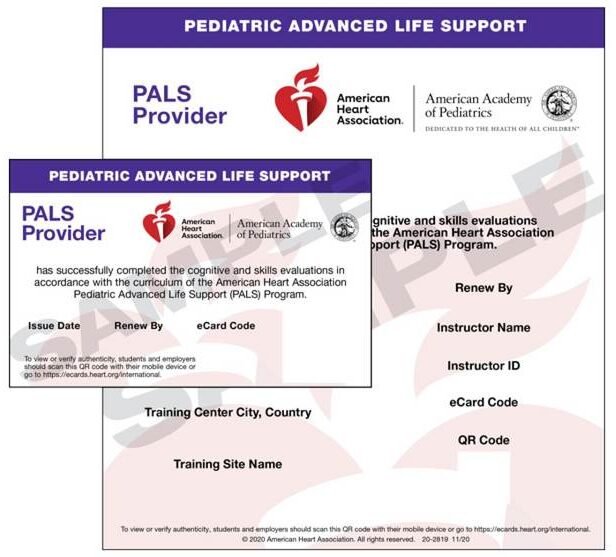When emergencies strike children or infants, seconds matter, and having the right training can truly be the difference between life and death. That’s where PALS (Pediatric Advanced Life Support) certification comes in. This certification is suitable for healthcare providers or emergency responders who work with or may encounter pediatric emergencies, including infants and children up to age 18. PALS provides you with the tools to act fast and effectively and ensures that providers are equipped with the necessary knowledge and skills to deliver quality care to critically ill children.
Importance of PALS Certification
PALS certification builds confidence and critical skills for managing pediatric emergencies, where children’s unique physiology demands fast, precise action. It trains healthcare providers to recognize early distress, manage airways and breathing, and deliver life-saving interventions without hesitation. With PALS-certified teams, emergency care is faster, more coordinated, and more effective, leading to fewer complications, higher survival rates, and better outcomes for pediatric patients.
Essential Skills Needed for PALS Certification
Getting certified in Pediatric Advanced Life Support isn’t just about memorizing algorithms; it’s about building a well-rounded skill set that assists you in confidently caring for critically ill or injured children. Let’s break down the key skills you’ll need to succeed, not only in the course but also in real-life scenarios.
1. Technology-Integrated Care
Today’s pediatric care relies heavily on technology. Whether it’s using cardiac monitors, interpreting ECGs, or managing advanced airway equipment, you’ll need to be comfortable with the tech tools that support rapid decision-making. It’s not just about knowing how they work, it’s about using them seamlessly during high-stress moments to guide your clinical conclusion.
2. Psychological Factors
Treating kids during emergencies means understanding more than just their vitals. Children often can’t express what they’re feeling clearly, and anxiety or fear can mask symptoms. Being able to recognize psychological stress, both in the child and their caregivers, helps you respond with empathy and adapt your communication. Calm reassurance can go a long way in pediatric emergencies.
3. Age-Specific Care Consideration
What works for a newborn won’t necessarily work for a five-year-old, or a teenager. PALS requires you to think age-specifically. You’ll learn to adapt assessments, interventions, and medication doses based on developmental stage, body size, and how children of different ages respond to illness or trauma. This helps ensure your care is safe, effective, and appropriate.
4. Providing Family-Centered Care
In pediatric emergencies, you’re not just treating the child, you’re supporting the family too. Family-centered care means involving parents or caregivers in the process, when possible. It could be something as simple as explaining what’s happening in real-time, or giving them a role like comforting their child. When families feel seen and heard, it can ease the chaos and help with the overall care process.
5. Children’s Medication Management
Medication in pediatrics case is a whole different situation. It’s all about precision, doses are weight-based, and even small miscalculations can be dangerous. As part of your PALS training, you’ll sharpen your ability to calculate, double-check, and administer meds quickly and accurately. Knowing common emergency meds, their effects, and potential side effects is key to managing critical situations safely.
Benefits of the PALS Course
Taking a PALS course goes way beyond earning a certification, it equips you with the tools, mindset, and confidence to make a real impact in pediatric emergencies. Let’s dive into the biggest benefits you can expect.
1. Enhanced Life-Saving Skills
One of the most prominent and most important benefits of PALS training is the sharpening of your life-saving skills. You’ll learn how to quickly recognize respiratory failure, shock, and cardiac arrest in children, then respond with proven interventions. These are the kinds of skills that don’t just look good on paper, they save lives in the real world.
2. Improved Confidence
Emergencies can escalate quickly, especially when a child’s life is at risk. PALS training minimizes uncertainty during such moments. Through practical exercises and scenario-based practice, you develop automatic responses and improve your decision-making skills. This way, when the stakes are high, you can remain calm, focused, and in command.
3. Updated Protocols and Guidelines
Medical guidelines change as new research emerges, and staying current is crucial. A PALS course ensures you’re up to speed with the latest recommendations from the AHA. From updated algorithms to refined best practices, you’ll walk away knowing your knowledge is fresh and evidence-based.
4. Teamwork and Communication
Effective pediatric resuscitation is never a one-person job, it takes a team. During PALS training, you’ll practice clear, structured communication and learn how to lead or support a resuscitation team. Whether you’re giving instructions or responding to them, strong communication can be the difference between chaos and coordinated care.
5. Certification and Professional Development
On top of the clinical benefits, PALS certification boosts your professional credibility. It shows employers and peers that you’re committed to pediatric care and ready to handle critical situations. It can also open doors to new roles or responsibilities, making it a valuable step in your career development.
What Topics are Covered in the PALS Course?
The Pediatric Advanced Life Support course is packed with practical, life-saving knowledge designed to help you respond quickly and effectively in pediatric emergencies. Whether you’re new to PALS or renewing your certification, here’s what you can expect to learn.
1. Pediatric Assessment
Everything starts with a solid assessment. You’ll learn how to perform the Pediatric Assessment Triangle (PAT) to get a quick read on a child’s condition. From there, you’ll dive more in-depth into hands-on evaluation, including airway, breathing, circulation, disability, and exposure (ABCDE). This approach helps you spot early signs of deterioration before things become critical.
2. Respiratory Emergencies
Respiratory problems are some of the most common pediatric emergencies. In PALS, you’ll learn how to recognize signs of respiratory distress and failure, manage airway obstruction, and support ventilation effectively. Knowing when and how to intervene, whether it’s with oxygen, bag-mask ventilation, or advanced airways, is a key part of the course.
3. Shock Management
Shock in kids can develop quickly and quietly. PALS training covers the different types of shock, hypovolemic, distributive, cardiogenic, and obstructive, and how to treat each one. You’ll practice identifying the cause, restoring perfusion, and using fluid resuscitation and medications safely.
4. Cardiac Emergencies
While cardiac arrest in children is often secondary to respiratory or shock issues, it’s still critical to recognize and manage cardiac rhythms. You’ll learn how to read ECGs, identify bradycardia, tachycardia, and pulseless rhythms, and respond using the right algorithms and medications.
5. Pediatric Basic and Advanced Life Support
From high-quality CPR to defibrillation and advanced airway management, you’ll refine both your basic and advanced life support skills. This includes working as a team during code, ensuring effective compressions, and applying pediatric-specific resuscitation techniques.
6. Post–Cardiac Arrest Care
Saving a life doesn’t end with the return of spontaneous circulation (ROSC). You’ll learn how to stabilize and support a child after cardiac arrest, addressing oxygenation, blood pressure, temperature, and neurological function to give them the best possible outcome.
7. Special Situations
PALS touches on special scenarios like trauma, toxic exposure, anaphylaxis, and electrolyte imbalances. These aren’t everyday emergencies, but when they happen, you’ll be better prepared to respond quickly and appropriately.
8. PALS Courses Also Include
- Megacode scenarios
You’ll participate in realistic, simulated emergencies where you’ll put all your knowledge to the test in a team-based setting. Also understand PALS megacodes and scenarios, what you need to know.
- Hands-on skills practice
Practice life-saving procedures like opening airways, starting IV/IO access, recognizing ECG rhythms, and delivering shocks when necessary.
By the end of the PALS course, you’ll walk away not just with a certification, but with the confidence and clinical readiness to handle pediatric emergencies like a pro.
The Critical Role of PALS Certification in Life-Saving Pediatric Interventions
In summary, PALS certification brings everything together by giving healthcare providers the skills and confidence to care for children when it matters most. It helps you think clearly, act quickly, and work well with others during stressful moments. The training focuses on real-world situations, so you feel ready to step in and help without hesitation. When teams share the same knowledge and approach, care becomes faster and safer for young patients. In the end, PALS is not just a course or a credential; it is a commitment to giving children the best chance at recovery and a healthy future.
Enroll in a PALS class today and be prepared to make a life-saving difference. Bayside CPR offers fast, flexible training for professionals with demanding schedules. The course combines a short online lesson with 30 minutes of in-person skills practice at over 60 convenient locations. Complete your AHA certification in ACLS, BLS, PALS, CPR, or First Aid and receive your official card the same day.
